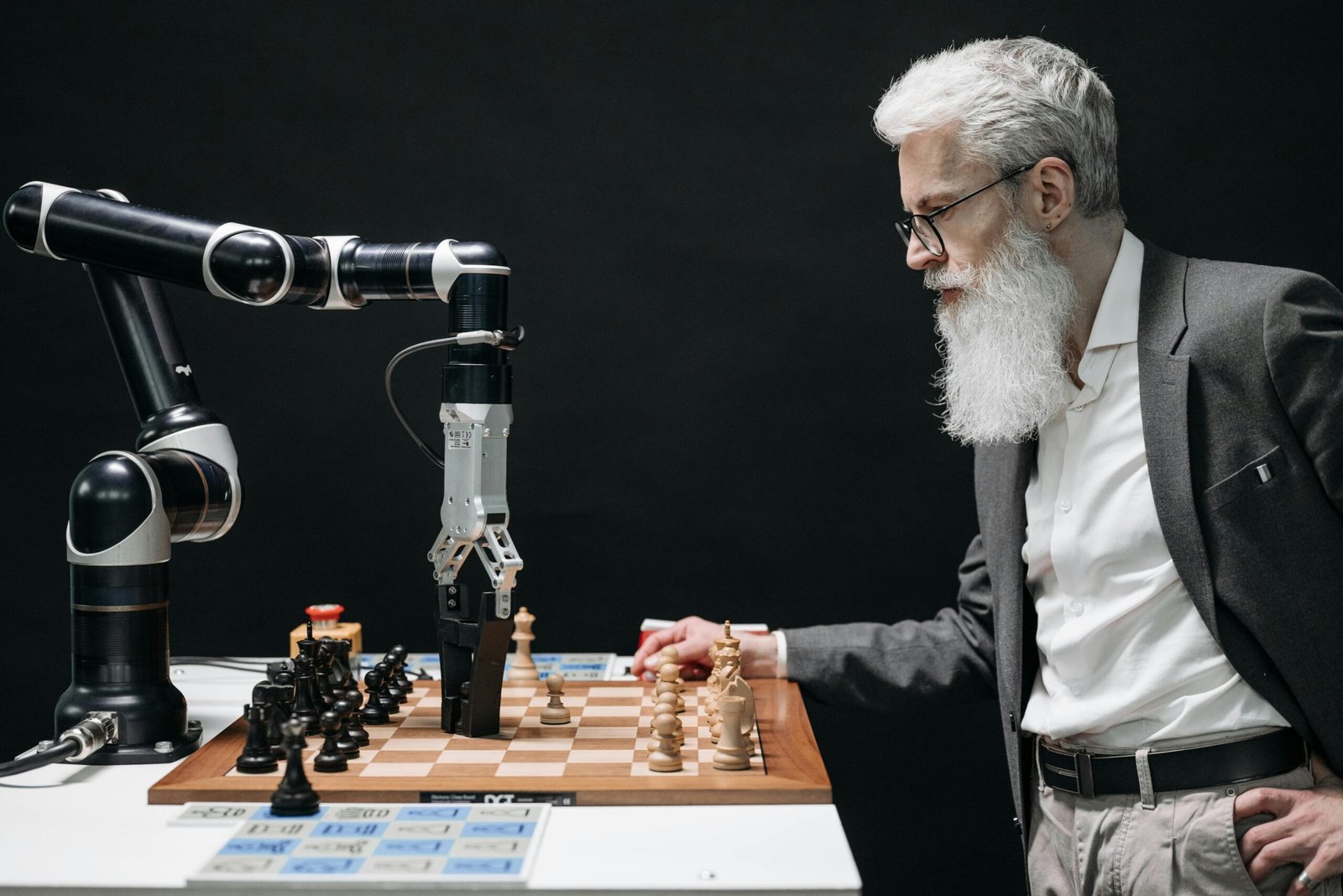Exploring the transformative power of aI technology

In the field of modern innovation, artificial intelligence (AI) is an innovative force that is reshaping industries and societies. This transformative technology has permeated every aspect of our lives, revolutionizing the way we work, communicate and think. From virtual assistants to autonomous vehicles, the potential of AI seems limitless and ushers in a new era of efficiency, convenience and unprecedented progress.
Understanding the essence of artificial intelligence technology
At its core, AI refers to the emulation of human intelligence in machines, allowing them to perform tasks that would normally require human intelligence. It covers a wide range of abilities, including problem solving, learning, language understanding and decision making. By leveraging algorithms, data, and computing power, AI systems can analyze large amounts of information, recognize patterns, and derive insights with remarkable accuracy.
Applications in various industries
One of the most exciting aspects of AI is its versatility, which is manifesting in innovative ways across a variety of industries. In health care, AI-based systems are revolutionizing disease diagnosis, personalized treatment plans and drug discovery, patient care and outcomes. Similarly, in finance, AI algorithms drive predictive analytics, fraud detection and algorithmic trading, improving operational efficiency and risk management.
Additionally, AI technology has revolutionized the retail industry through personalized recommendations, demand forecasting and inventory management, providing better customer experiences and optimizing supply chain operations. In manufacturing, AI-powered automation streamlines production processes, reduces errors and improves quality control, leading to operational excellence and cost savings.
Impact of AI on the future of work
As AI continues to develop, its impact on the workforce is an important topic of discussion and debate. While some fear mass job losses due to automation, others envision a future in which AI will enhance human capabilities, create new opportunities, and reshape job roles. In fact, AI technology has the potential to automate repetitive tasks, allowing human workers to focus on higher-value activities that require creativity, empathy, and complex problem-solving skills.
Adopt ethical and responsible AI
With the rapid proliferation of AI technology, it is imperative to take ethical considerations into account and ensure responsible deployment. Issues such as algorithm bias, data privacy and social impacts of AI require careful consideration and proactive measures. AI ethical frameworks and rules play an important role in promoting fairness, transparency, and accountability in all AI applications, protecting against unintended consequences and harmful consequences.
Challenges and opportunities lie ahead
Although the promise of AI technology is undeniable, it also presents significant challenges that must be addressed. Technical constraints such as scalability, interpretability, and robustness remain areas of active research and development. Additionally, societal concerns about job cuts, algorithmic bias, and data privacy highlight the need for comprehensive strategies to harness the potential of AI while minimizing the risks.
Looking ahead, the future of AI technology is full of challenges and opportunities. Continued advances in machine learning, natural language processing, and robotics promise to open new frontiers in AI innovation. Collaborative efforts among researchers, policy makers, and industry stakeholders are essential to navigate this rapidly evolving landscape and harness the transformative power of AI for the benefit of humanity.
Ultimately, AI technology represents a paradigm shift with far-reaching implications for society, the economy, and humanity as a whole. By adopting innovation, cost.

Leave a Comment